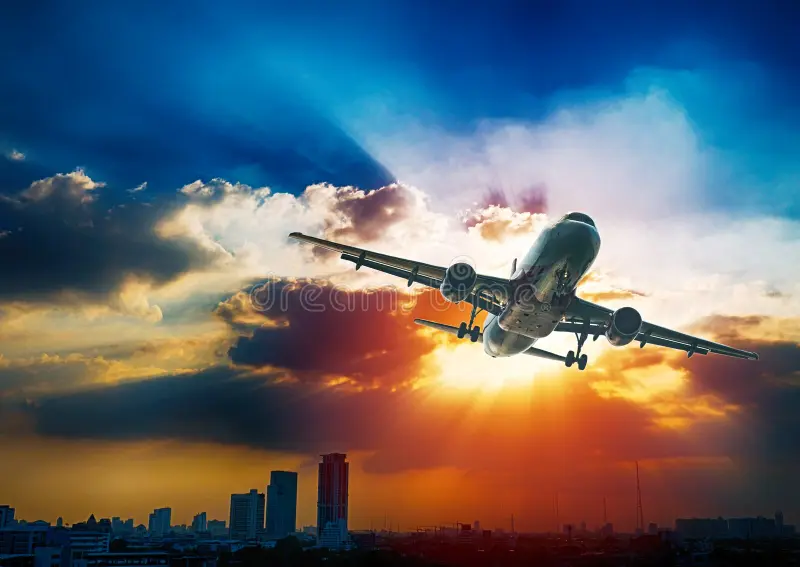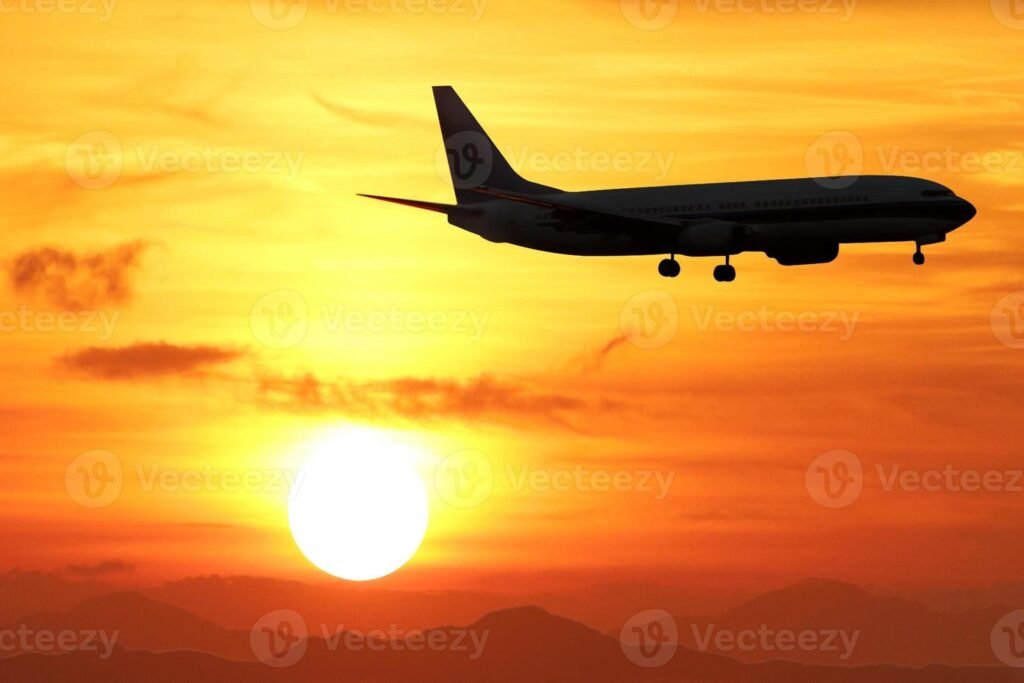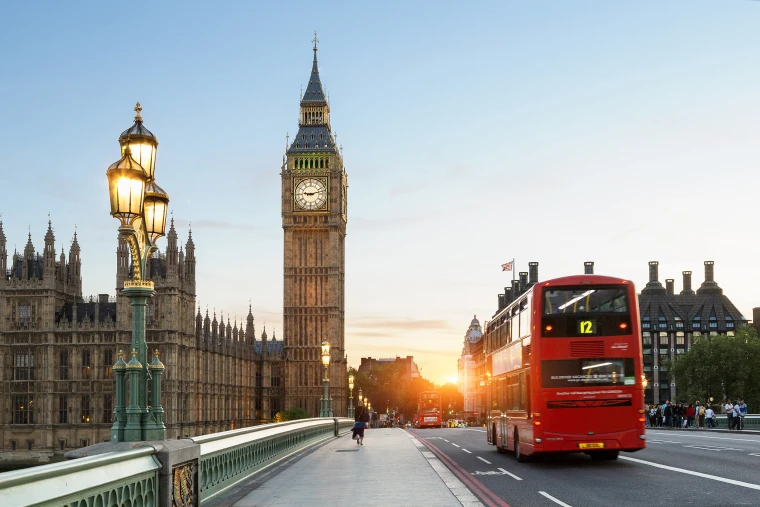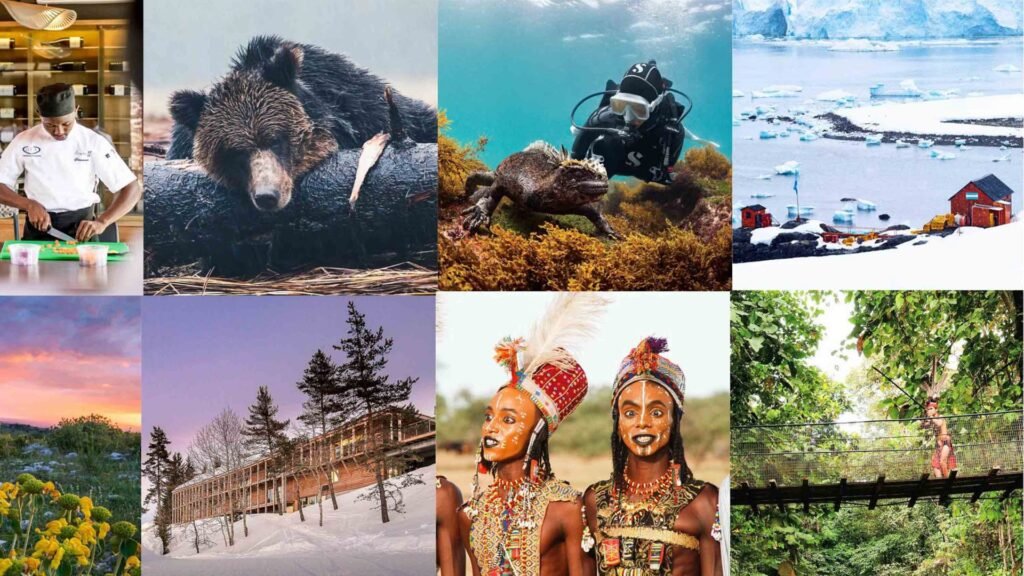Travel is one of the most transformative activities available to human beings. It goes beyond sightseeing, photography, or relaxation. At its core, travel is about engaging with the world in ways that challenge, inspire, and educate. Each journey becomes part of a larger narrative—a story of discovery that continues to shape identity long after the trip ends. Whether crossing borders, experiencing new cultures, or reconnecting with nature, travel is both an outer and inner journey.

The Ancient Roots of Travel
From the earliest days of civilization, humans have been travelers. Nomads roamed in search of food, traders crossed continents along the Silk Road, and pilgrims walked hundreds of miles to reach sacred sites. Travel has always been intertwined with survival, faith, and knowledge.
This history reveals that travel is not a modern luxury but a fundamental part of human existence. Every journey echoes the footsteps of those who came before, keeping alive the ancient tradition of movement, exchange, and curiosity.
Travel as a Pathway to Knowledge
Education is often associated with schools and universities, but travel offers lessons no classroom can provide. It teaches geography not as lines on a map but as landscapes lived in by communities. It teaches history not as dates and events but as ruins, monuments, and traditions that continue to breathe.
Standing before the Colosseum in Rome makes history tangible. Walking through bustling souks in Morocco illustrates how trade shapes culture. Visiting indigenous villages in South America reveals knowledge that cannot be captured in textbooks. Travel is, in every sense, an education that expands both mind and heart.
The Role of Curiosity and Wonder
Curiosity drives exploration. It pushes travelers to ask questions, to taste new dishes, to learn unfamiliar languages, and to experience different lifestyles. Wonder—the feeling of amazement before the unknown—adds magic to travel.
Whether it is seeing the Taj Mahal at sunrise, exploring the fjords of Norway, or hearing the call to prayer echo through Istanbul, moments of wonder remain etched in memory forever. They remind travelers that the world is vast, mysterious, and worth cherishing.

Travel and the Human Connection
Perhaps the greatest gift of travel is connection. Meeting people from diverse backgrounds teaches that kindness is universal. A smile in one language is understood everywhere. Conversations with strangers often turn into friendships, proving that shared humanity is stronger than cultural differences.
These connections also dispel stereotypes. A traveler who once held misconceptions about a culture may return with new respect after meaningful encounters. Travel becomes a form of diplomacy, creating bridges of empathy and understanding across borders.
Food as a Universal Language

One of the most enjoyable parts of travel is food. It is not only nourishment but also a cultural expression. Each dish tells a story of history, migration, and creativity. Sharing a meal with locals breaks barriers and creates instant bonds.
Trying sushi in Japan, couscous in Morocco, or empanadas in Argentina is more than tasting—it is participating in a culture. Street food, family recipes, and local specialties reveal traditions that connect travelers directly to the heart of a community.
The Power of Nature in Travel
Nature is a teacher, and travel often provides the classroom. Standing in front of vast mountains, endless deserts, or deep oceans brings a sense of humility. Nature’s scale and beauty remind travelers of the fragility and resilience of the planet.
Experiences such as hiking through national parks, diving into coral reefs, or camping under starlit skies not only inspire awe but also encourage environmental responsibility. Witnessing glaciers melt or coral reefs fade sparks awareness about climate change and the need to protect natural treasures.
Travel and Adventure as Personal Growth
Adventure is an essential dimension of travel. Activities like paragliding, trekking, scuba diving, or cycling across countries challenge both body and mind. Overcoming fear and discomfort builds courage and resilience.
These adventures also create stories that travelers carry for life. A difficult climb, a river crossed, or even getting lost in a foreign city becomes a memory of triumph. Adventure demonstrates that stepping outside one’s comfort zone is where growth truly happens.
Travel as Reflection and Healing
For many, travel provides healing. Escaping routine allows time to reflect on life’s challenges. New environments offer clarity, while distance provides perspective. People often return from journeys with renewed energy, fresh ideas, and deeper peace.
Wellness retreats, meditation centers, and cultural pilgrimages have grown in popularity for this reason. Whether practicing yoga in India, soaking in thermal baths in Iceland, or walking spiritual trails in Spain, travel provides space for renewal and transformation.
Travel as Storytelling
Stories are how humans share experiences, and travel is one of the richest sources of stories. Every journey offers tales of encounters, surprises, challenges, and triumphs. These stories inspire others, preserve memories, and shape identities.
Some travelers share stories through photography, writing, or films. Others simply pass them down through conversations. Either way, storytelling ensures that travel continues to influence lives long after the return home.

The Challenges of Travel
Travel is not always smooth. Missed flights, illnesses, and cultural misunderstandings are common. Financial limits, bureaucratic restrictions, and safety concerns can also complicate journeys.
Yet challenges make travel real. They test adaptability and patience, teaching lessons that comfort cannot provide. Many travelers find that the difficulties they face often become the most meaningful parts of the story, shaping resilience and humility.
Sustainable Travel for the Future
As more people travel, sustainability becomes critical. Over-tourism threatens fragile ecosystems, and careless practices harm local communities. Responsible travel is no longer optional but essential.
Travelers can make conscious choices: using eco-friendly transportation, reducing plastic waste, staying in local accommodations, and supporting community-based tourism. Small actions multiplied by millions of travelers can preserve destinations for generations to come.
The Impact of Technology on Travel
Technology has reshaped the way people travel. Flights, hotels, and tours can be booked with a few taps. Translation apps break down language barriers. Social media inspires journeys while also influencing perceptions of destinations.
However, the digital age poses challenges as well. Constant documentation can distract from authentic experiences. Travelers must balance technology’s benefits with mindfulness, ensuring that the focus remains on presence and connection rather than performance.

The Rise of Remote Work and Travel
The blending of work and travel has become increasingly common. Digital nomads use technology to work from anywhere, turning travel into a lifestyle. Cities such as Lisbon, Bali, and Tbilisi have become hubs for these mobile professionals.
This trend represents a shift in values. People no longer wait for retirement to explore the world. Instead, they design lives that integrate work, freedom, and discovery. This movement shows how travel is evolving from occasional leisure to everyday living.
Travel Across Generations
Travel touches every generation differently. For young people, it is a path to independence and adventure. For families, it is a way to create bonds and traditions. For older travelers, it is often about reflection, fulfillment, and legacy.
Despite these differences, all generations share the joy of discovery. A family road trip, a student exchange, and a retirement cruise are all part of the same continuum of travel as lifelong enrichment.
Travel and Identity Formation
Identity is shaped by experiences, and travel plays a powerful role. It exposes individuals to new ideas, challenges assumptions, and broadens perspectives. Travelers often return home with changed values, expanded empathy, and greater appreciation for diversity.
For many, travel becomes part of their self-definition. They see themselves as explorers, learners, and citizens of the world. Each destination visited becomes part of their personal story, enriching not only who they are but also how they see others.
The Future of Travel
The future of travel promises both opportunities and challenges. Innovations in transport may shorten travel times, while new forms of tourism such as space exploration may become reality. At the same time, the need for sustainability and cultural respect will become increasingly important.

Future travelers will likely prioritize authenticity, responsibility, and depth. Instead of checking off destinations, they will seek meaningful experiences. This shift ensures that travel continues to enrich lives while preserving the planet.
Conclusion
Travel is not simply movement across geography; it is movement across the landscape of the human soul. It educates, heals, inspires, and transforms. It creates stories, builds connections, and nurtures empathy. Challenges may arise, but they are part of the journey, shaping growth and resilience.
In the end, travel is a lifelong teacher. It shows that the world is vast yet interconnected, diverse yet united. By traveling responsibly, mindfully, and with an open heart, every journey becomes a contribution to personal growth and global harmony. Travel is both an outer adventure and an inner exploration, reminding us that to see the world is to understand ourselves more deepl